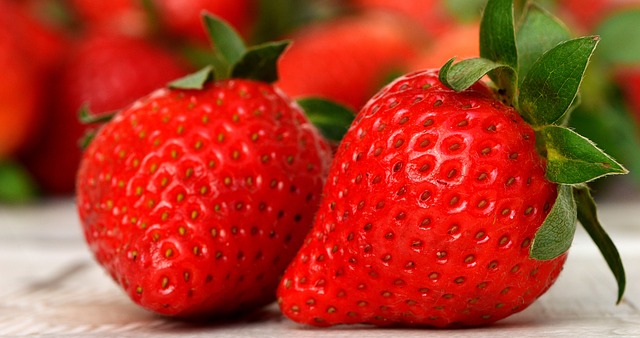Introducing Your Kids to the Wonderful World of Probiotics: A Parent’s Guide
As parents, we all want what’s best for our children. We want them to be happy and healthy, and we do everything we can to ensure that they are. One way to help our kids stay healthy is by introducing them to probiotics.
What are probiotics?
Probiotics are live microorganisms that are beneficial for your health, especially for your digestive system. They are ‘good’ bacteria that live in your gut and help maintain a healthy balance of microorganisms.
There are many different types of probiotics, each with its unique health benefits. Some of the most common probiotics include:
- Lactobacillus acidophilus
- Bifidobacterium bifidum
- Lactococcus lactis
- Streptococcus thermophilus
The benefits of probiotics for kids
Probiotics can be beneficial for children in many different ways. Some of the most important benefits of probiotics for kids include:
- Boosting the immune system – Probiotics can help boost the immune system, making it easier for kids to fight off infections and illnesses.
- Improving digestive health – Probiotics can help improve digestive health, by reducing the risk of diarrhea, constipation, and other digestive problems.
- Reducing allergies – Probiotics may help reduce the risk of allergies and food intolerances, especially in children who are at a higher risk of developing these conditions.
- Promoting oral health – Probiotics can help prevent tooth decay and other oral health problems in children.
How to introduce probiotics to your kids?
Introducing probiotics to your kids is easy. There are many different ways to add probiotics to your kid’s diet, including:
- Yogurt – Yogurt is one of the best natural sources of probiotics. Choose a yogurt brand that contains live cultures and no added sugar.
- Kefir – Kefir is a fermented milk drink that is rich in probiotics. It has a tangy taste that kids may love.
- Probiotic supplements – Probiotic supplements are available in many different forms, including chewable tablets, capsules, and powders. Choose a supplement that is specifically designed for children, and follow the dosage instructions carefully.
- Miso soup – Miso soup is made from soybeans and is rich in probiotics. It has a salty taste that kids may enjoy.
Are there any risks associated with probiotics?
While probiotics are generally safe for children, there are some risks associated with their use. Some children may experience mild digestive symptoms such as gas and bloating when they begin taking probiotics. In rare cases, probiotics may cause more severe symptoms such as infections, so it’s important to talk to your pediatrician before giving your child any new supplements or foods.
The bottom line
Introducing your kids to probiotics is an excellent way to help them stay healthy and happy. There are many different types of probiotics, each with its unique health benefits. Adding probiotics to your kids’ diet is easy, and there are many different foods and supplements to choose from. If you have any concerns about probiotics or your child’s health, talk to your pediatrician.







